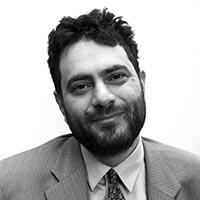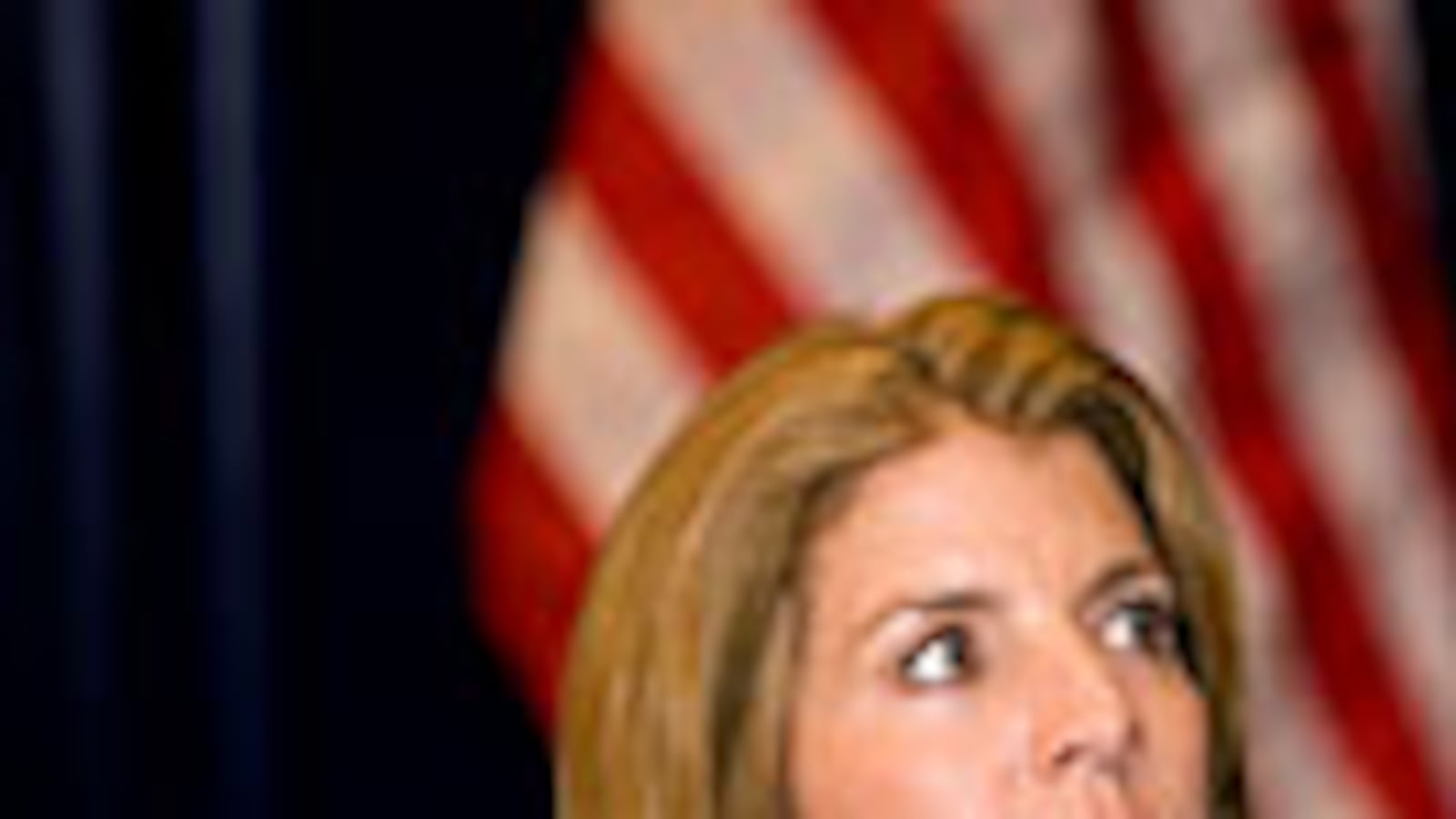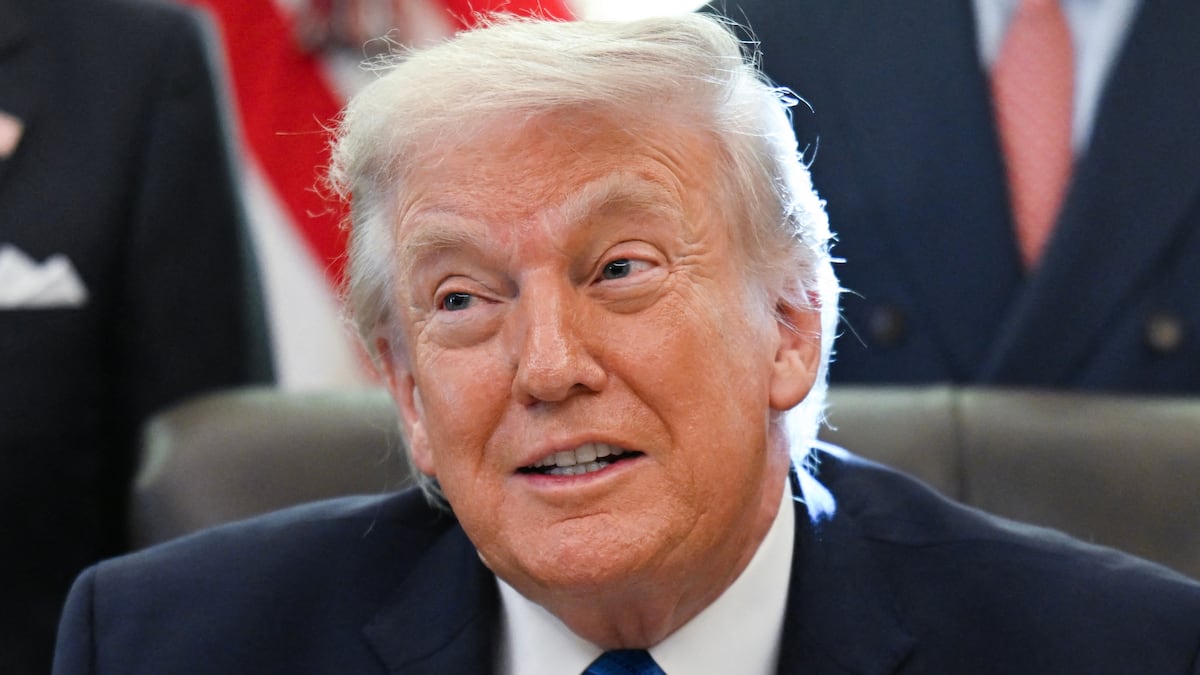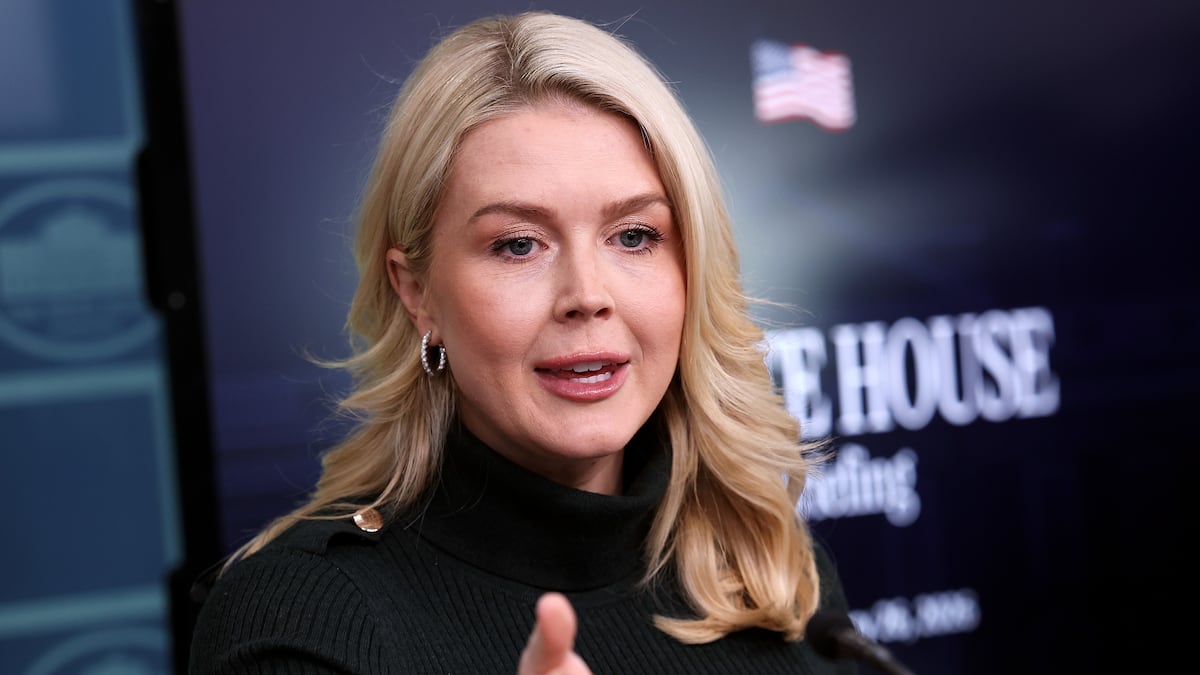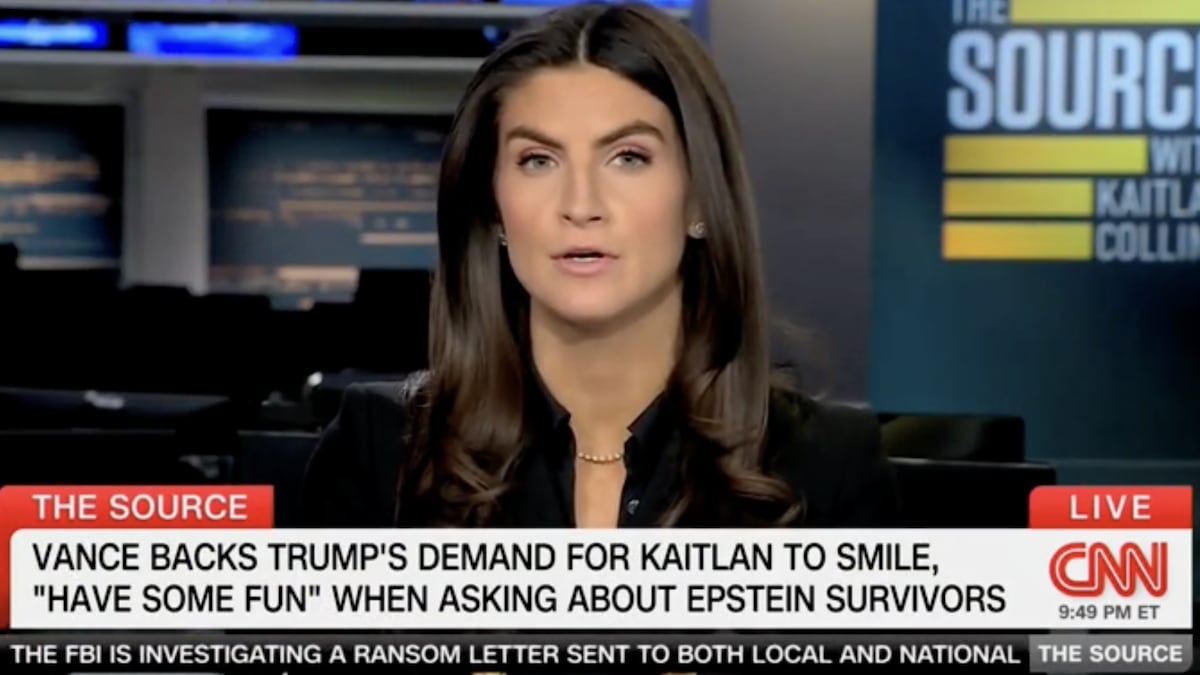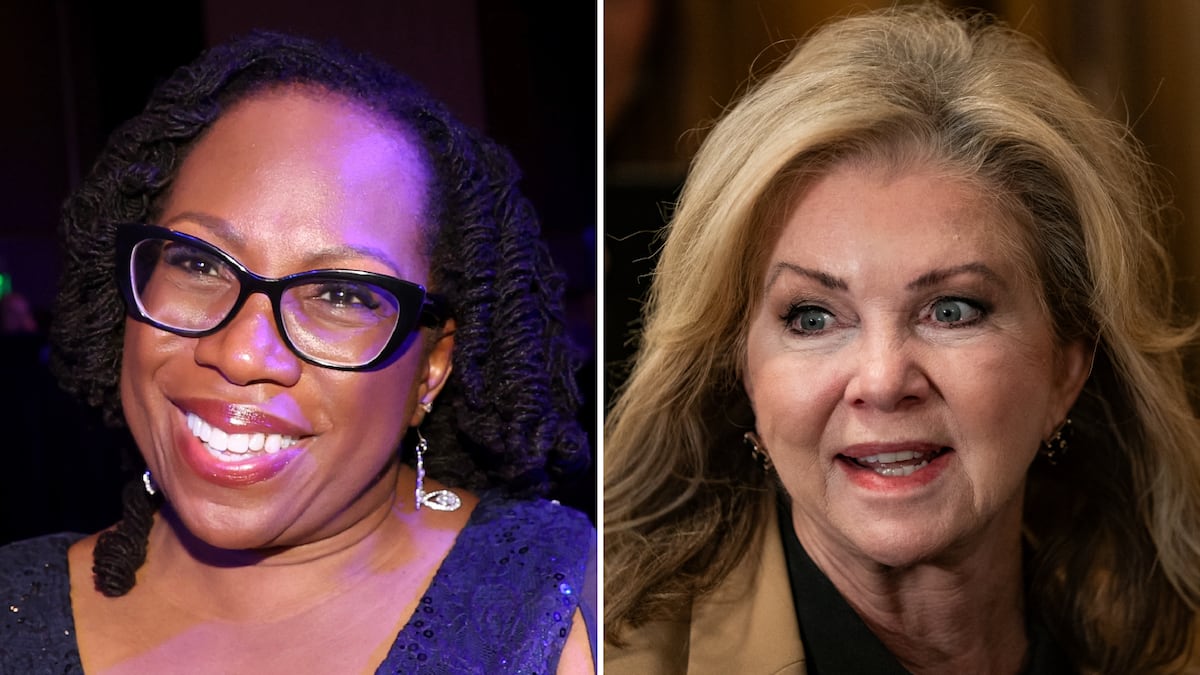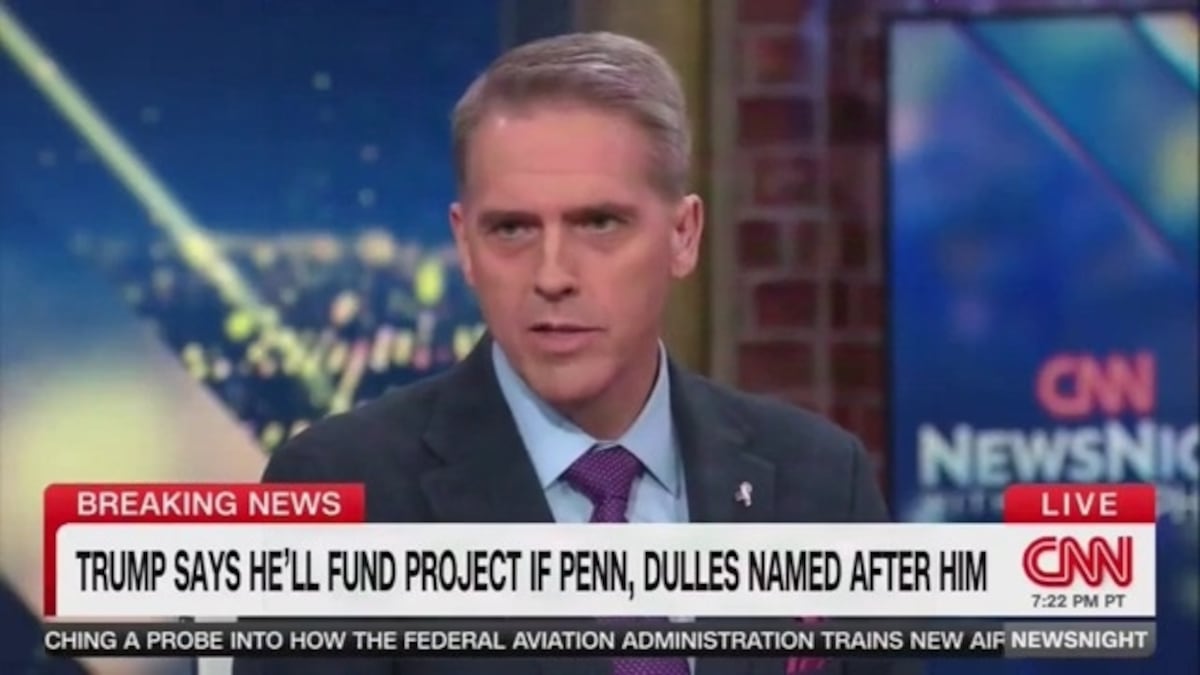
on why her refusal to answer policy questions is an insult to New York.
Editor's Note: Several hours after The Daily Beast article appeared, Caroline Kennedy's responses to questions submitted by The New York Times and Politico were published. The Times reported: "Most of the answers were brief. Some of them did not fully address the questions." Politico described her answers this way: "Some of Kennedy's responses were brief and vague — and she flatly refused to answer a pressing political query we posed: Will she support the Democratic nominee for New York mayor in 2009?
Caroline Kennedy’s campaign for the New York Senate seat to replace Hillary Clinton in what amounts to a race for one vote, that of Governor David Paterson, has turned professional with her hiring of Knickerbocker SKD, a political consulting firm headed by Josh Isay, former chief of staff to Sen. Charles Schumer, which amounts to an implicit acceptance, if not endorsement of her bid, by the state’s senior senator.
The firm is also expected to do media work for Mayor Michael Bloomberg’s reelection run next year, and several of the mayor’s people have been burning up the lines pushing her bid. Knickerbocker SKD also happens to have another client—the Rev. Al Sharpton, with whom Kennedy just had a media-event lunch.
Adding to the pressure on Paterson, Rahm Emanuel and Harry Reid are reported to have called to push for Kennedy, doubtless having checked in with Schumer before stepping on his turf.
“You're not going to answer questions at all?" reporters asked. She didn’t reply. "Where are you heading next?" "To the car," Kennedy said.
Hank Sheinkopf, the veteran New York political consultant, told me that Caroline Kennedy’s effort to clear the field “defeats the entire idea of merit. That she can hire a PR machine and seek a coronation without even requesting a public discussion does not speak well for democracy.”
While sources close to the governor insist he’s yet to make a decision, it appears the seat is hers to lose if she can withstand three weeks of scrutiny from reporters. So far, she’s given only canned answers that have infuriated journalists, especially upstaters, who are especially concerned given how the New York City metro area dominates the state’s politics and media.
On Wednesday, December 17, in Syracuse, Caroline Kennedy fended off questions. "Are you ready for this, Ms. Kennedy? You're not going to answer questions at all?" reporters asked. She didn’t reply. "Where are you heading next?" "To the car," Kennedy said.
Here are some substantive questions for the candidate who may well become the next U.S. senator for a state in economic crisis but without known policy positions, and who has yet to give an interview since her high-profile announcement of interest in the senate seat.
1. What are your plans for upstate?
There’s a reason Kennedy kicked things off with a fast upstate swing through Syracuse, Rochester and Buffalo. While New York City is reeling from the Wall Street meltdown, upstate, which the city is subsidizing to the tune of $11 billion in the current fiscal year, is facing long-term troubles of its own. New York is a giant state, with half the population outside of the city, yet all of its statewide elected roles—the governor, both senators, both legislative leaders, the comptroller and the attorney general—are filled by downstaters. Former governor Eliot Spitzer was fond of remarking that Buffalo is closer to Detroit than it is to New York City, a point driven home when blackouts caused by heavy snow early this month barely warranted a mention in the New York City papers.
It’s not clear if Kennedy supports the approaches proposed by Schumer, Clinton, or Paterson’s plan to cut hundreds of millions of dollars from the ineffective but cash-spreading Empire Zones that many upstate businesses depend on. Does Kennedy agree with their approaches? Which ones? Where and how? How would she adapt their proposals in a time of economic meltdown? Does she have a different plan? Any plan?
2. What are your plans for Wall Street?
The bailout shifted the economic center from New York to Washington, but the impact of the market meltdown is just beginning to be felt. The city and state both spend at the margins, thriving when Wall Street booms and pays out big bonuses and struggling to make ends meet when it struggles. That also means that the city and state almost always have fiscal problems at the same time, already leading Bloomberg to push to cut services and raise new taxes.
Kennedy has yet to share her views on financial regulation, the bailout, or Wall Street more generally. Is she closer to Eliot Spitzer, who took an adversarial pose as the so-called “Sheriff of Wall Street,” or to Schumer, who’s long opposed regulation? When national and local economic interests diverge, which side will she be on? Where and how? Kennedy, so far at least, isn’t saying anything about the most basic fact of life involving New York. Does she know? Can she even hint?
Does she support raising taxes on the wealthy, an approach that Obama has embraced nationally, but Paterson has taken off the table as a local option in a state where the top one percent of taxpayers paid 48 percent of the income tax in 2006, and 20 percent of private wages paid out last year came from the securities industry alone, as opposed to 2 percent nationally? New York City and State both take 20 percent of their revenues directly from Wall Street, where bonuses are expected to be down by nearly half this year — which would mean a decline of at least $20 billion.
Does she have a plan for helping to fill the more than $12 billion gap Gov. Paterson now projects for the coming fiscal year, a projected hole that’s already double in size since August? That’s not to mention the $1.2 billion deficit at the semi-autonomous Metropolitan Transportation Agency, or the nearly $2 billion hole in the New York City budget. Or to bring home more federal money to a state that has for decades paid billions more to the national government than it’s received from it?
3. Schools
Kennedy, who has touted as her policy credential, her only one, working for $1 a year for Bloomberg’s education department as a fundraiser, has said nothing publicly about the Campaign for Fiscal Equity lawsuit, which compels the state to send billions in additional funds to New York City schools, a tough lift given the current state of the fisc. For now, the state may withhold $1.5 billion in previously expected aid. United Federation of Teachers President Randi Weingarten has called for a new tax on the wealthiest New Yorkers to help plug the gap. Does Kennedy agree?
4. Next year’s mayoral race
Given the support she’s received from Mayor Bloomberg, who left the Democratic Party in order to chart a smoother path to the mayoralty, and for years pumped millions into the state Republican Party, will she endorse him or his Democratic foe next year? The stakes will only be higher if that foe is Comptroller Bill Thompson, who’d be launching a bid to become the city’s second black mayor.
5. Gambling
Betting is always a tempting revenue source when the economy outlook is grim, and “racinos,” as racetracks effectively remade as slot parlors are called, have proliferated in recent years. In Buffalo, construction is already underway on a permanent Seneca casino to replace the temporary one up and running now. Paterson has mostly been supportive of the expansion. Will Kennedy back his play? Meanwhile, the future of the corrupt and ever-fouled up New York Racing Association and New York City Off Track Betting Operation are both up in the air. Can we bet whether Caroline Kennedy has a position?
6. Same-sex marriage
Gay marriage is generally a no-brainer in New York. Refusal of Kennedy to take a strong position could be an early sign of national ambitions of her own. But more than her position on gay marriage is unknown. On MSNBC’s Hardball on Friday night, Caroline’s cousin, Kerry Kennedy, Andrew Cuomo’s former wife, said she didn’t know what Caroline’s position was on abortion.
Only two other people in New York history have been appointed a U.S. Senator--John Foster Dulles, who had been Governor Thomas Dewey's foreign policy adviser during his campaign for the presidency in 1948, and Charles Goodell, who was a congressman when he was tapped by Nelson A. Rockefeller to take Robert F. Kennedy's seat following his assassination. Caroline Kennedy would be the first person ever to become Senator from New York whose policy positions were a complete mystery.
Harry Siegel is the weekend editor of Politico.com, and the co-author with Fred Siegel of The Prince of the City: Giuliani New York and Genius of American Life.
